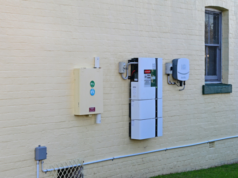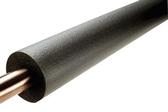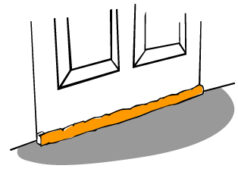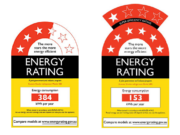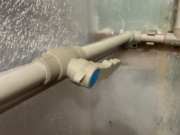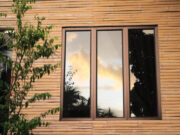Cooling performance considerations
Finding the right cooling systems for your home is all about how your house is designed, how efficient you want it to be, where...
Energy efficient cooling
Energy efficiency is a genuine and serious concern when it comes to cooling. Some systems use far more than others - find out what's...
Daylighting requirements
The number of windows in your home and where you put them is restricted by rules designed to ensure a minimum amount of daylight...
Energy efficient lighting
Lighting your home invariably involves energy usage - but with the right approach, you can drastically minimise the amount of energy you use, cutting...
MEPS and LCA labels
When you're shopping for appliances, heating, cooling or lighting products, you're not just buying for today — you're investing in the long-term performance and efficiency of your home. That’s where energy labelling systems like MEPS and LCA labels come in.
Cold water diverters
A cold water diverter is a mechanical valve installed on a hot water line. It redirects the initial cold water, known as redwater, that sits in the pipe before hot water arrives. Instead of wasting this water down the drain, the diverter sends it to a greywater tank, a garden irrigation system, or back into the hot water storage system for reuse. These diverters work using water pressure and do not require electricity.
What are energy efficient windows?
Windows are one of the main reasons a home loses heat in winter and gains heat in summer. Selecting high performance windows is critical to achieving modern energy efficiency standards and reducing ongoing energy bills.
Climate considerations for windows
When selecting windows for a new build or renovation, it is essential to consider Australia’s varied climate zones and the latest energy efficiency requirements. The National Construction Code (NCC) now mandates a minimum 7‑star NatHERS rating for all new residential projects.
Window Energy Rating Scheme
The Window Energy Rating Scheme (WERS) enables windows and glazed doors to be rated and labelled according to their annual energy impact on a house in any Australian climate. WERS is managed by the Australian Glass and Window Association and complies with the protocols of the Australian Fenestration Rating Council.
Energy efficient windows
Windows are often one of the greatest contributors to energy loss in Australian homes. Choosing the right energy-efficient window solution can reduce heating and cooling demand, improve indoor comfort and help meet modern energy standards.


